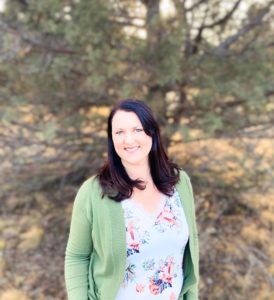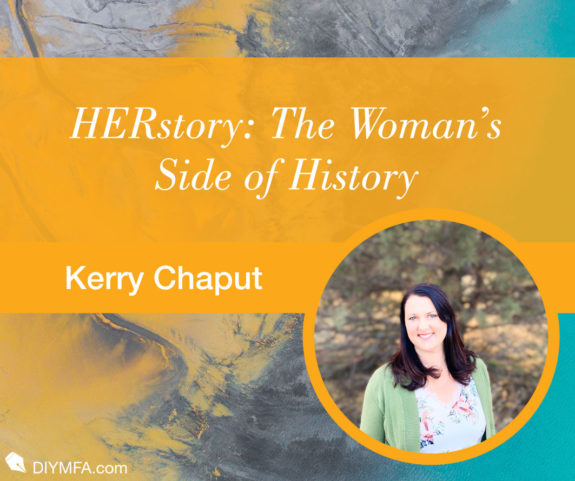I’ve heard a lot of talk lately on “passive protagonists” and it got me thinking about how this plays into the world of historical fiction. I’m drawn to brave, almost heroic women from the past, and isn’t that what everyone wants, a protagonist with agency? Let’s break down how to examine HERstory in a way that is true to the time and keeps readers turning the pages.
What is agency?
Contrary to what I’ve heard in writing circles, I believe a strong protagonist can be shy, quiet, reserved, and still be a hero. The word “active” has been misconstrued, I think. What draws readers in is a strong sense of purpose and a goal. Our character’s needs and wants and misconceptions should be driving the narrative.
We have all been guilty of the passive world at times. The one where our protagonist gets hit over and over with horrible things, unfortunate happenings, and heartbreaking loss.
For this world to take off, our character must have agency in the plot. She needs to make choices that result in a consequence where she learns something about herself, causing her to make another choice, and learn another lesson.
I promise you, if you drive the story from that perspective, even a mousy, awkward social outcast will look like her own hero. Isn’t that the ultimate hero’s journey? Taking ordinary people and making them do extraordinary things?
Forgotten women of the past
What is it that draws me to women’s history? Well, so much of our history books have been written by men, for men, celebrating men. We focus on wars and conquering and battle of the wills.
Where were the women in all this? They were living their lives, changing history in their own way, often against unbelievable circumstances. In researching seventeenth-century France and the women who settled French Canada for my book Daughter of the King, I discovered an entire side of history I hadn’t ever heard of.
These young women were plucked from dire poverty in France, many of them orphans. The King offered them money, a dowry, protection, and a new life where they chose their fate. And what does history say about them? That they were prostitutes and another run-of-the-mill mail-order-bride program.
Let’s break that down. These women had to pass a series of requirements, one of which was purity, certified by their local priest. And they were not sold to a man and shipped across the world to become a domestic slave. Quite the opposite. They traveled with no requirements to marry, and once in Canada, they held interviews to choose their preferred husband, even marrying under a notary instead of the church so they could break the marriage contract if they so desired.
Eight hundred women with power was so frightening to our idea of history, that we remember them as prostitutes and commodities. As a historical fiction author, I believe we have a responsibility to blow these misconceptions wide open and rewrite what we know of the past. I wanted to celebrate the truth of these pioneers, and their belief that they could shed their troubled past and start over.
Show me their heart
All the women from our past, whether working in servitude or under the control of their fathers and their husbands—all had hopes and dreams and desires and faults. There’s your story.
Not what happened to them, but how their inner world drove them to make choices, big and small, to alter the course of their lives and those who would come after them.
Show me their mistakes, their failures. Women who made the history books—Amelia Earhart, Rosa Parks, Marie Curie, Harriet Tubman, Jane Austen—I’m going to argue that they found their place not solely because of their accomplishments, but because of their deep desire to change the world and their place in it.
Sure, the giant accomplishments are wonderful to read about (hello… escaping slavery and rescuing dozens of fellow slaves!), but what I find most fascinating about these women is the belief that they alone could change the world. The fear they had to overcome, the expectations they had to shatter, the insecurities they had to swallow.
In the words of Amelia Earhart, “Everyone has oceans to fly if they have the heart to do it. Is it reckless? Maybe. But what do dreams know of boundaries?”
You see, men already had the world’s support. Show me the woman who takes the leap when everyone around her tells her she isn’t capable and show me how she found the strength to try. That is where HERstory lives.

Born in California wine country, Kerry Chaput began writing shortly after earning her Doctorate degree. Her love of storytelling began with a food blog and developed over the years to writing historical fiction novels. Raised by a teacher of US history, she has always been fascinated by tales from our past and is forever intrigued by the untold stories of brave women. She lives in beautiful Bend, Oregon with her husband, two daughters, and two rescue pups. She can often be found on hiking trails or in coffee shops. You can find her on her website or follow her here on Twitter.







